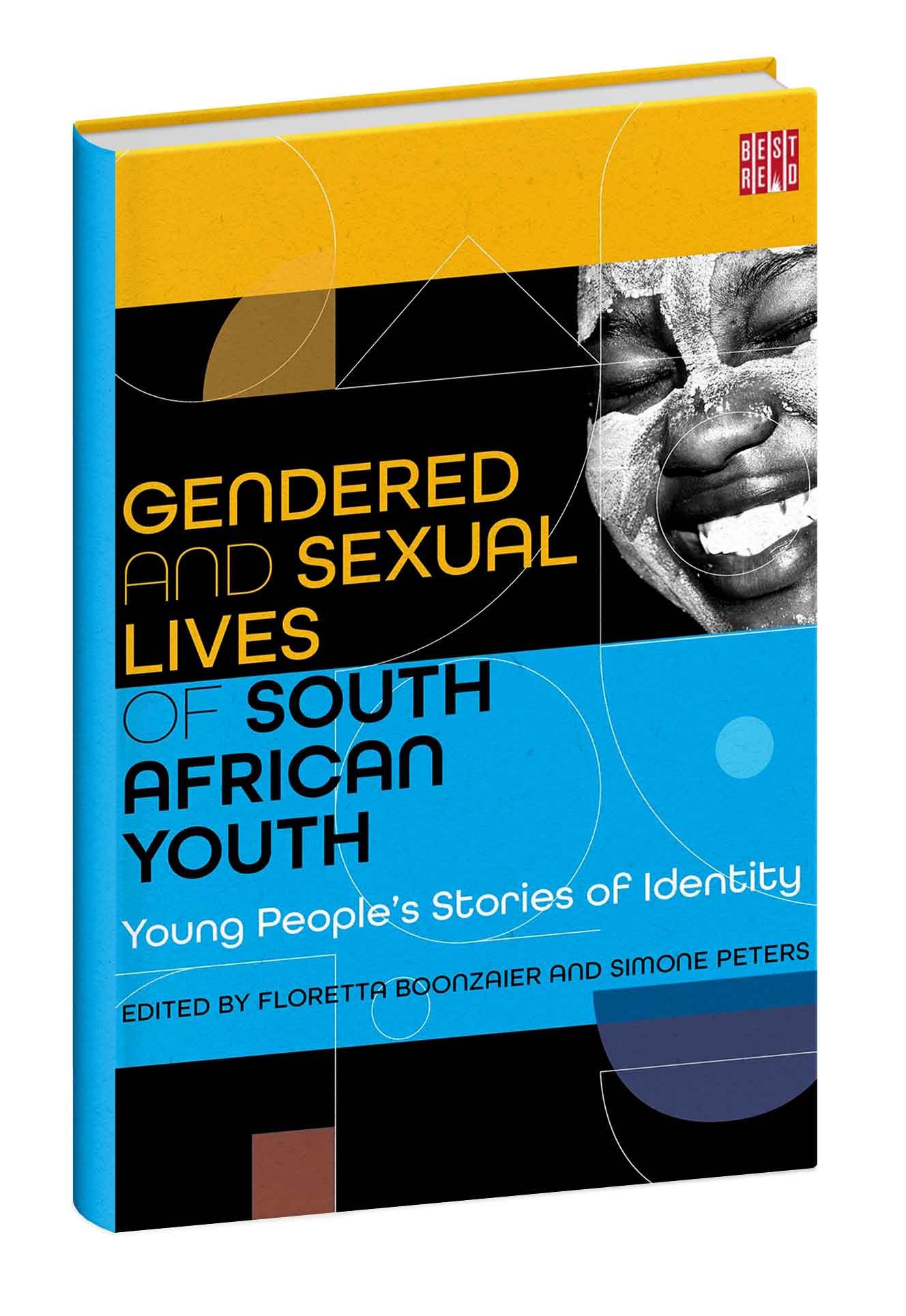Full title: World Champions
Subtitle: The Story of South African Rugby
Author: Jonty Winch
Publication: November 2021
ISBN (soft cover): 978-1-928246-43-5
Format: 235 x 168 mm
Extent: 464 pp
Price: R495
About the book
Rugby was established at the Cape in 1879 in support of a political desire to promote Englishness, but Afrikaners developed a special affinity for the game and it became a significant part of their culture. It also spread rapidly amongst ethnically mixed communities, the Muslim descendants of slaves, and a black middle class emerging from mission stations.
The Cape’s rugby establishment enforced racial separation some years before the government implemented a system of segregation. The story of South African rugby subsequently evolved through two pillars that controlled the game for the greater part of the 20th century: the white SA Rugby Football Board and the non-racial SA Coloured Rugby Football Board, later known as SARU.
Each chapter tells its own story, exploring key events and questioning entrenched narratives. Meticulous research has led to a fascinating window on society, examining the way one side of the racial divide enjoyed periods of success as unofficial world rugby champions, while the other struggled in the face of relentless challenges up to – and beyond – unity in 1992.
This story could not have been written earlier. It needed the 2019 Rugby World Cup, when Makazole Mapimpi and Cheslin Kolbe scored South Africa’s first-ever tries in a final. Duane Vermeulen was man of the match, and Siya Kolisi held aloft the Webb Ellis Cup. This memorable success inspired a genuine appreciation of the skills that have always existed across the racial spectrum.
“South Africa has developed a reputation as a sports-mad country, but till recently historians have lagged behind in coming to academic grips with its multi-faceted sporting past. Increasingly, however, books and articles have appeared which looked beyond the scoreboard and sought to unravel the often-complicated linkages between sport and society.
In this book, Jonty Winch has admirably demonstrated his mastery of the relevant literature to provide a wide-ranging, balanced, informed and eminently readable overview of South African rugby. In taking a long view of the game, Winch succeeds in providing new perspectives of apartheid as well as anti-apartheid politics and sport.”
Albert Grundlingh
Emeritus Professor, Department of History, Stellenbosch University


